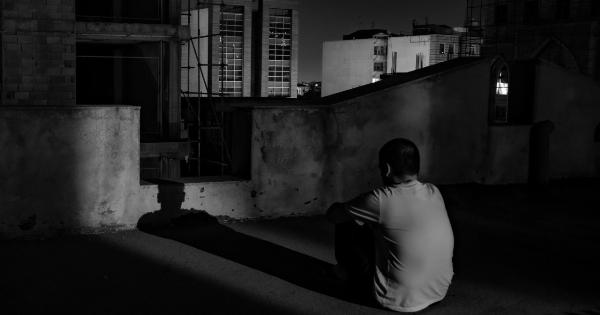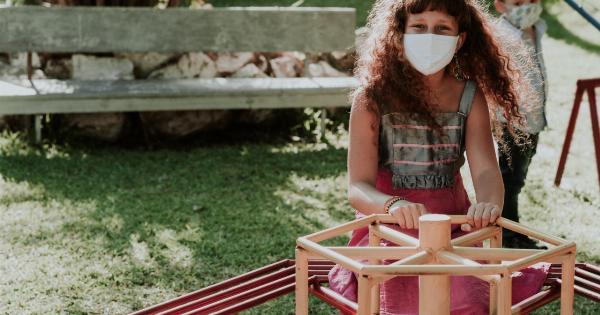Childhood depression affects many children and often goes unnoticed and untreated. It is essential for parents, caregivers, and educators to recognize the signs and symptoms of childhood depression to provide appropriate help and support.
This article aims to provide valuable insights into identifying the common symptoms of childhood depression.
1. Persistent sadness or irritability
A noticeable and persistent change in mood characterized by extreme sadness or irritability can be an indicator of childhood depression. The child may appear consistently moody, gloomy, or easily angered over a prolonged period.
2. Loss of interest or pleasure
A child experiencing depression may lose interest or pleasure in activities they once enjoyed. They might withdraw from hobbies, sports, or social interactions that used to bring them joy.
3. Changes in appetite or weight
Depression can impact a child’s appetite and eating patterns. They may exhibit a significant change in appetite, leading to weight loss or gain. Parents may notice a decrease or increase in the child’s appetite without any apparent reason.
4. Sleep disturbances
Depressed children often experience sleep disturbances. They may have trouble falling asleep or staying asleep throughout the night. Alternatively, some children may sleep excessively, finding it challenging to get out of bed in the morning.
5. Fatigue or loss of energy
Feeling tired, sluggish, or lacking energy are common symptoms of childhood depression. A child experiencing depression may exhibit decreased motivation, making it difficult for them to engage in regular activities or complete tasks efficiently.
6. Difficulty concentrating or making decisions
Depression can affect a child’s cognitive functioning, leading to difficulties in concentration and decision-making. They may struggle to focus on tasks, experience memory problems, or find it challenging to make simple choices.
7. Thoughts of worthlessness or guilt
A child with depression may have an exaggerated sense of guilt or worthlessness. They might be excessively self-critical, constantly blaming themselves for perceived failures or shortcomings.
8. Psychomotor agitation or retardation
Psychomotor agitation refers to an increase in physical restlessness or impulsiveness, while psychomotor retardation involves a decrease in physical movements or slower behavior. Children with depression can experience either of these symptoms.
9. Recurrent physical complaints
Depressed children may frequently complain about physical ailments such as headaches, stomachaches, or other physical discomforts, despite having no underlying medical condition.
10. Social withdrawal
A child with depression may withdraw from social interactions, preferring isolation over spending time with friends or family.
They might become distant or avoid activities that involve social engagement due to a lack of interest or feelings of sadness.
Recognizing the symptoms of childhood depression is crucial for early intervention and proper treatment.
If you notice these symptoms persisting for an extended period or affecting the child’s daily functioning, it is crucial to seek professional help. Remember that childhood depression is a serious condition and should not be ignored or dismissed.



























